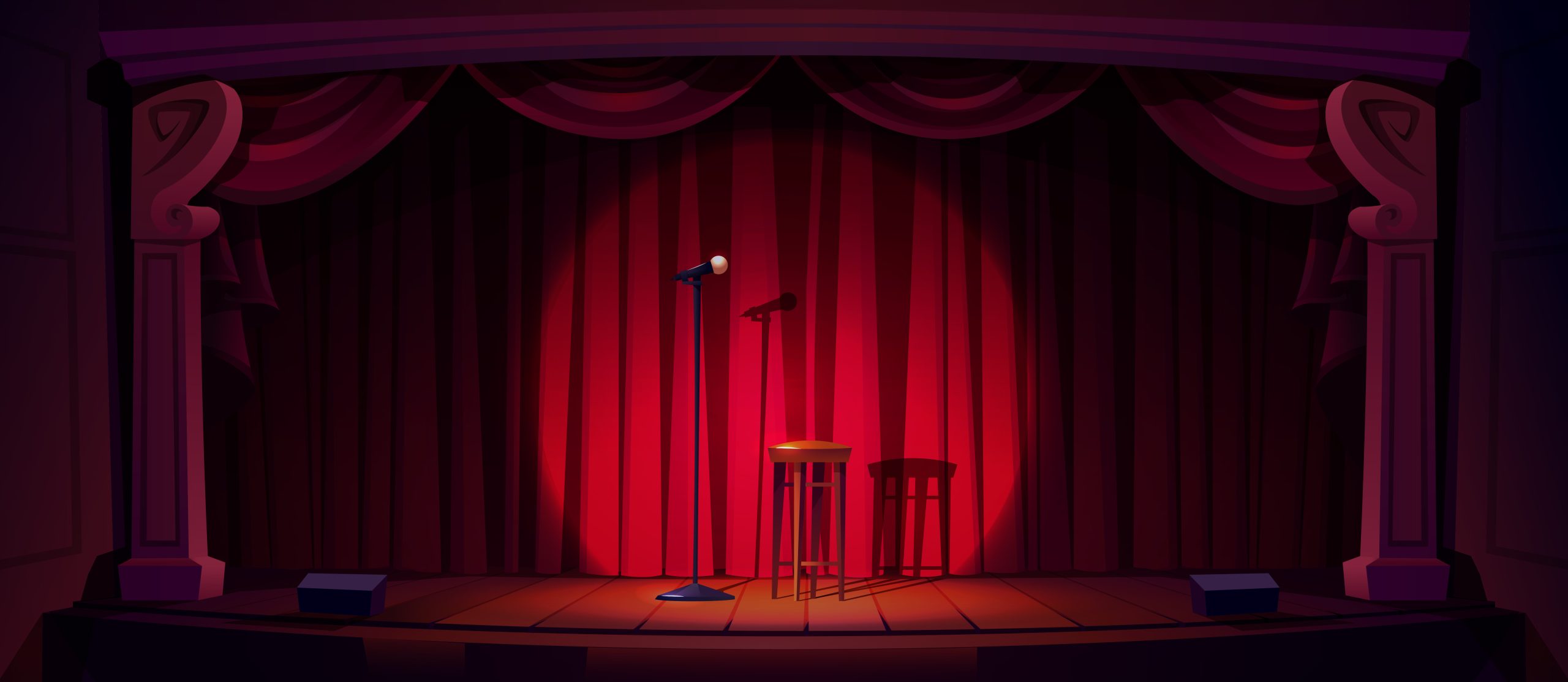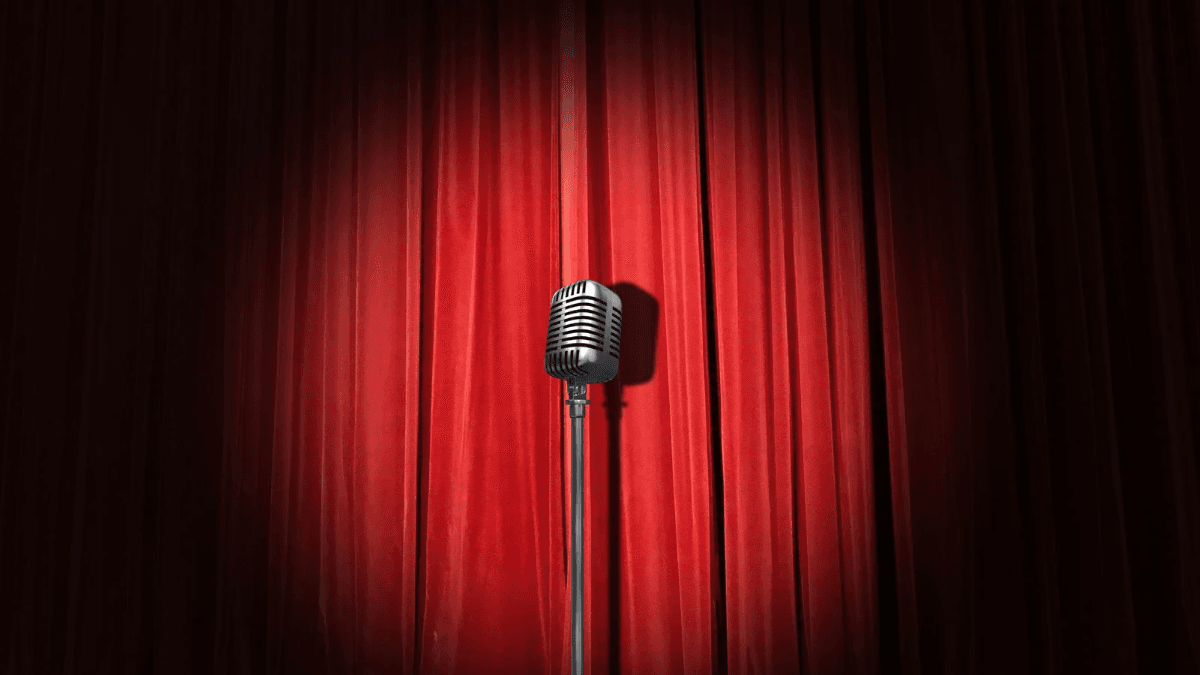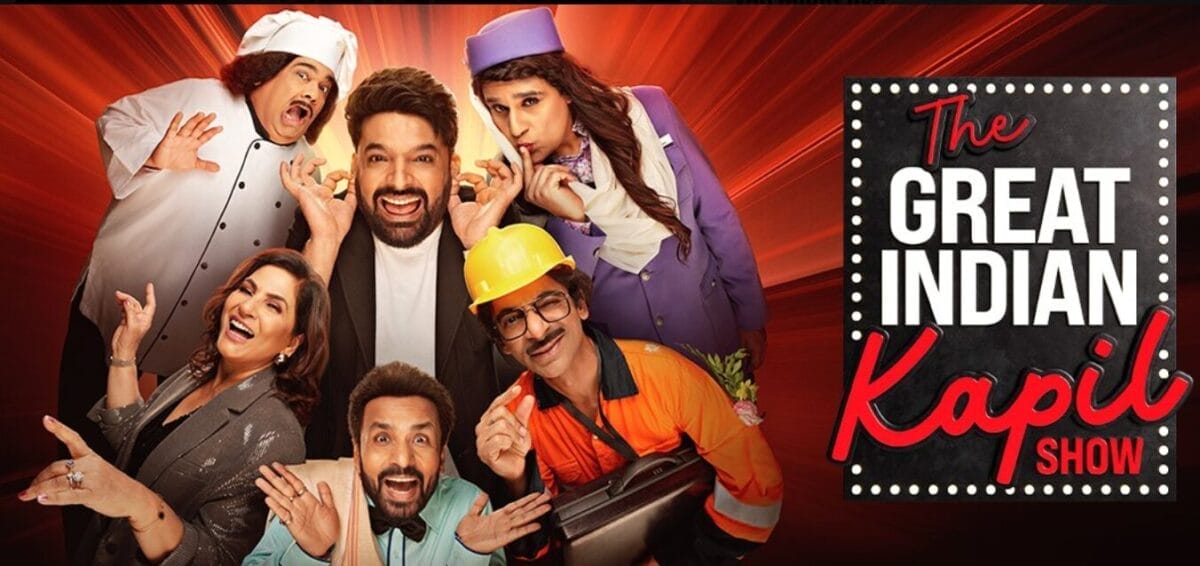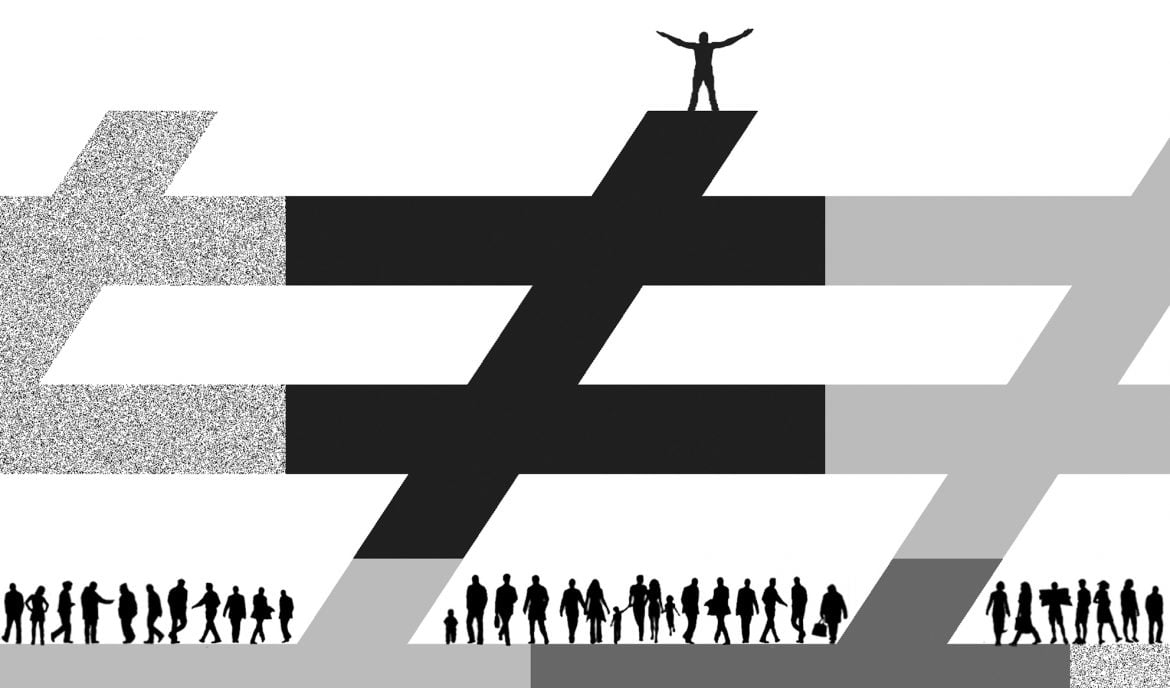In 2014, All India Bakchod (AIB), a collective founded by four standup comedians was at the peak of the Indian comedy scene. Its irreverent comedy sketches were considered progressive for the time and the big four, Tanmay Bhatt, Gursimran Khamba, Rohan Joshi, and Ashish Shakya, kept making the news for all the right and wrong reasons.
Amidst the deafening discourse about the genius of the collective, emerged a good-faith critique by Aayushi Jugaad in the form of a video entitled “How AIB uses Feminism.” They explained that for all its supposed progressiveness, AIB did not adequately represent women in videos that are not explicit social messages about what are generally deemed “women’s issues.”
Come 2018 and the #MeToo movement, accounts of several women exposed AIB as being guilty of the same crimes that it had outwardly criticised. The founders had partaken and had been complicit in cases of sexual harassment. The collective fell from grace, and the industry as a whole was on the verge of collapse.
Not much has changed since 2018 in terms of how non-inclusive Indian stand-up remains, calling into question Surka’s lament for an industry supposedly shattered. A quick Google search of the top Indian stand-up comedians yields mostly Hindu upper-caste straight cis men. Every single female comedian with an online presence inevitably gets asked by a haughty nobody in their comments sections: “Hasna tha kya?” (Were we supposed to laugh?)
However, those who have continued following Indian stand-up have inevitably seen a slow but sure shift in who gets to hold the microphone, who gets to be validated on stage, and who gets to talk as people listen, laugh, and nod along.
The following is a list of comedians who are en route to revolutionising the comedy scene and forever changing the type of person we are used to seeing at the microphone.
1. Urooj Ashfaq
Perhaps the most well-known in this lineup, Ashfaq’s rise to fame was offset by her participation in TLC’s comedy reality show Queens of Comedy. Of late she has won the Best Newcomer Award at the Edinburgh Comedy Awards. Her style is marked with a distinctive lack of self-righteousness and how she addresses her identity (that of a Muslim woman in stand-up) is cautious, and yet, she does it with an enviable flair for negotiating difficult subjects by seeming relatable to the audience.
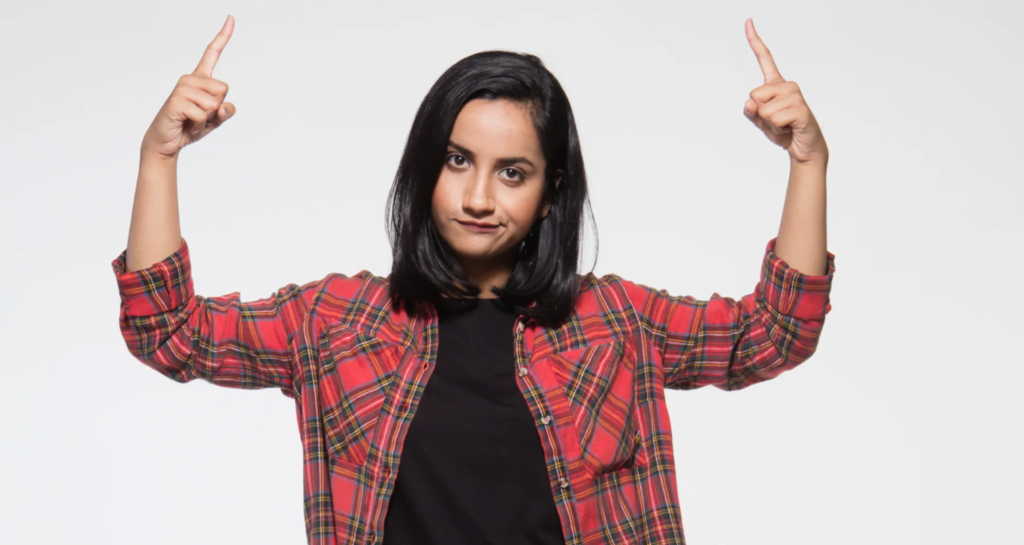
Ashfaq’s accounts of the lived experiences of discrimination necessarily come with sidenotes and disclaimers, and for good reason – she needs to make her incisiveness palatable for her audience by cushioning it with self-deprecating humour.
2. Manaal Patil
Patil’s career is a breath of fresh air in a comedy scene that is mostly dominated by tone-deaf upper-caste people who are often not aware of the realities of caste. He subversively navigates the public perception surrounding affirmative action by addressing what his mostly upper-caste audience thinks is true about the “injustice” of reservations and then taking it to absurd lengths until they begin to see the ridiculousness of these claims.
Patil’s laid-back premises disarm the audience before he pulls the rug from under their feet. Patil had to contend with limited spots and content restrictions throughout his career and started a Dalit comedy show called “Blue Material” in 2022.
In addition to the colour’s association with risque and offensive themes, it is a particularly significant colour for the Dalit movement. In an interview with DeadAnt, he talks about being a Dalit comedian and says that he hopes “Blue Material” will make it easier for Dalits to enter comedy spaces.
3. Ankur Tangade
As a female queer Dalit comedian, Tangade has been vocal about how queer spaces are often not inclusive of Dalit identities and vice versa. Initially, Tangade was a believer in the notion that caste did not hamper talent, and had to unfortunately change her stance when she was confronted by the blatant casteism of the recruiters at a production gig.
Tangade is also a part of Manaal Patil’s initiative, “Blue Material.” She has had people come up to her, according to an article in The Guardian, and ask her why she was still talking about this now that “the world has changed,” when it is painfully evident that it has not.
4. Swati Sachdeva
Most of the discourse on the internet about queer identities is extremely whitewashed, and Sachdeva’s fresh take on bisexuality from an Indian perspective has made a lot of her queer followers feel at home with their identity because they relate to her hilariously ironic indictment of the Indian understanding of bisexuality which could believably compare it to “Commerce with Science.”
Sachdeva has an easy air about her when she performs, her confidence puts her audience at ease, and her delivery rivals that of most veteran comedians, even though she released her first online stand-up video just about a year ago.
5. Manjeet Sarkar
Sarkar is one of the first few graduates from his village in Chattisgarh which was heavily affected by the Naxalite insurgency and grew up in an environment in which his caste identity informed most of his lived experiences. He says in an interview with The Voice Media that one of his first encounters with standup was a set by Varun Grover on the Aisi Taisi Democracy show and how he found it crazy that stand-up could enable one to freely opine on stage.
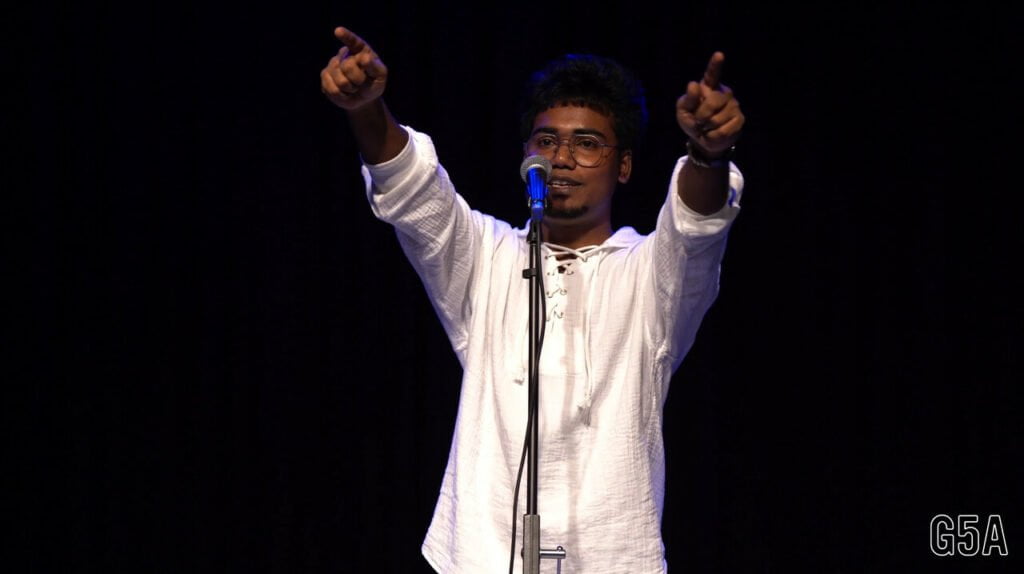
On his “Untouchable” tour, he delivers an insightful account of his life and urges the audience to acknowledge their privilege. If a joke is too popular, Sarkar says, he would change it.
6. Ritushree Panigrahi
Panigrahi’s sets about her gender identity and how her family and society in general perceive her because of it, are peppered with delightful bits of socio-political humour. She is India’s first trans woman stand-up comedian and actively stands against transphobia and homophobia as a queer rights activist.
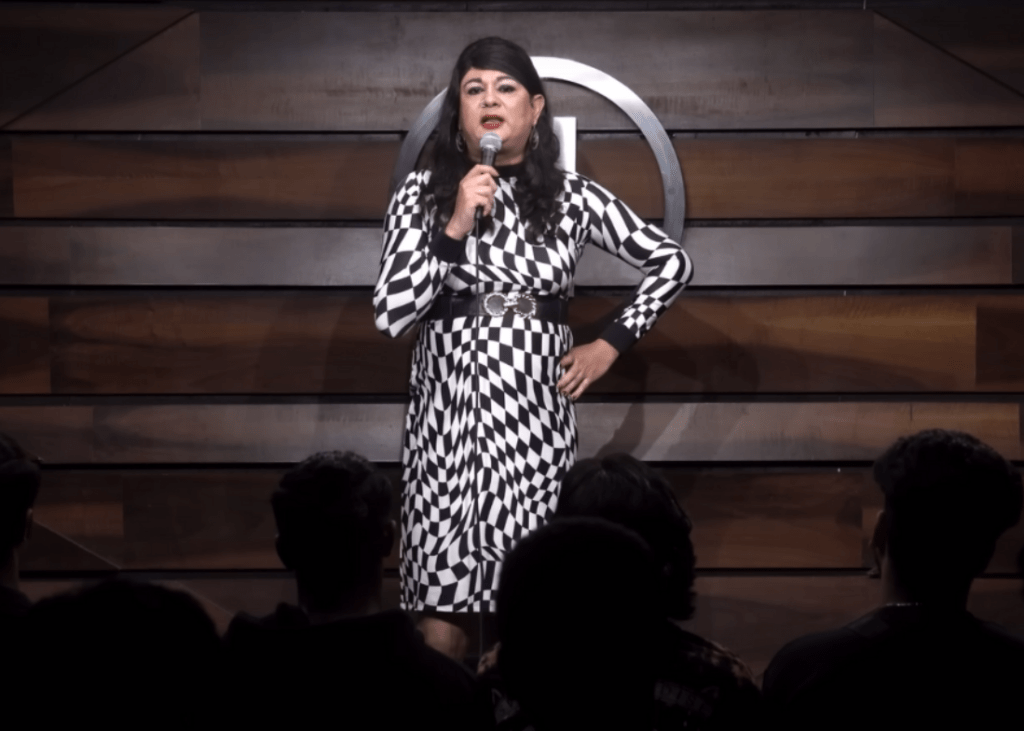
In her stand-up video entitled “Coming Out,” Panigrahi talks about how she was so used to seeing people use trans people as a joke in popular media that she felt sure she would never have to write a single joke in her career as a trans comedian. Transphobia is not a joke, she says, deriding the likes of the Kapil Sharma Show for its insensitive and formulaic humour.
The Indian Stand Up Comedy Scene still has a long way to go. Some people are challenging the Savarna cishet male hegemony in the industry but they also have to largely accommodate the restrictions put in place by the gatekeepers of the industry.
Stand-up has become an increasingly mainstream form of entertainment and the question of what it constitutes is of utmost political significance, and if it is to fulfil its self-professed destiny as a figurative mirror to society, it will not do for it to be selective in its reflections.
Disclaimer: This is by no means an exhaustive or representative list. Suggestions to add to the list are welcome in the comments section.
About the author(s)
Adrita Bhattacharya is a Computer Science graduate from Vellore Institute of Technology and is currently pursuing a degree in English and Cultural Studies at Christ University. She has a keen interest in Linguistics, Gender Studies, and Digital Humanities.
